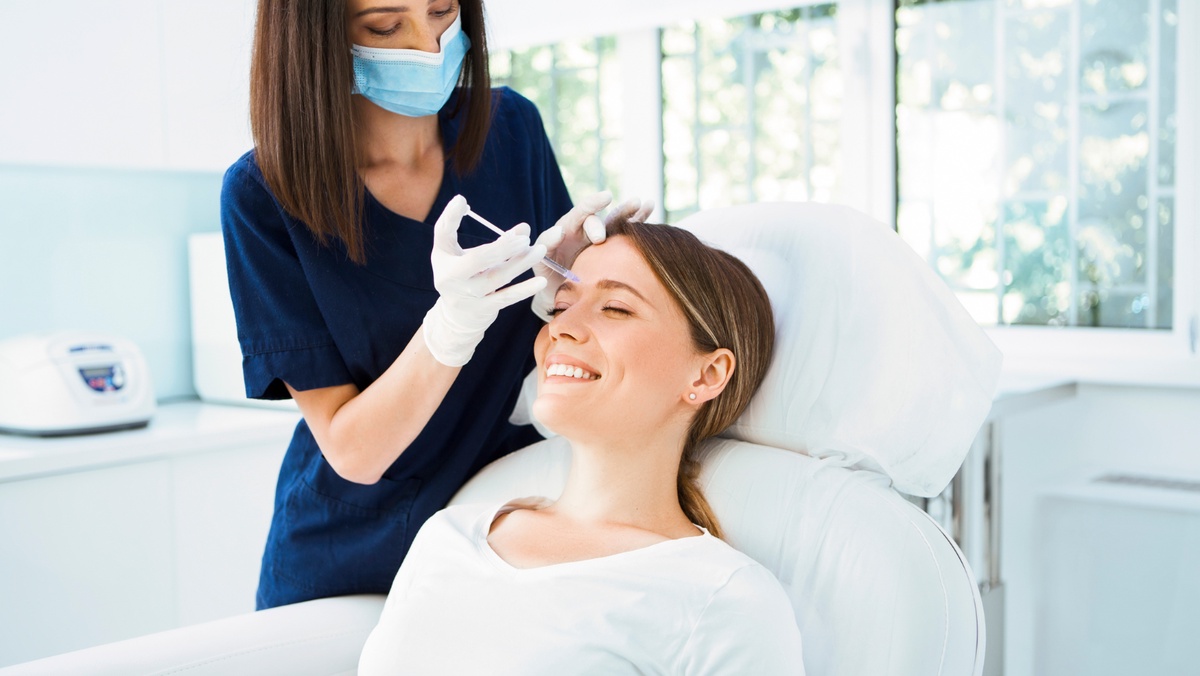Botox is a popular cosmetic treatment that can be used to reduce the appearance of wrinkles. It is a type of neurotoxin that temporarily blocks the signals from nerves to muscles. This causes the muscles to relax, which smooths out the wrinkles.
Botox is most commonly used to treat wrinkles in the forehead, between the eyebrows, and around the eyes. It can also be used to treat crow's feet, frown lines, and neck lines.
Botox is a relatively safe and effective treatment. However, it is important to note that it is not a permanent solution. The effects of Botox typically last for 3 to 6 months.
If you are considering Botox treatment, it is important to talk to a doctor or dermatologist. They can help you determine if Botox is right for you and answer any questions you may have.
How does Botox work?
Botox is a neurotoxin that blocks the signals from nerves to muscles. This causes the muscles to relax, which smooths out the wrinkles.
Botox is injected into the muscles that are causing the wrinkles. The Botox binds to the nerve endings and prevents them from releasing acetylcholine, a neurotransmitter that causes the muscles to contract.
The effects of Botox typically start to appear within 2 to 3 days and last for 3 to 6 months.
What are the benefits of Botox?
Botox is a popular cosmetic treatment because it can:
- Reduce the appearance of wrinkles
- Improve the overall appearance of the face
- Give the skin a more youthful appearance
- Be used to treat a variety of other conditions, such as excessive sweating and migraines
What are the risks of Botox?
The risks of Botox are generally mild and go away on their own. These risks include:
- Bruising at the injection site
- Swelling at the injection site
- Headache
- Dry eyes
- Drooping eyelids
- Temporary facial weakness
Who is not a good candidate for Botox?
Botox is not a good treatment for everyone. People who are not good candidates for Botox include:
- People who are pregnant or breastfeeding
- People who have allergies to Botox or its components
- People who have a neuromuscular disorder
- People who have an active infection at the injection site
What are the alternatives to Botox?
There are a number of alternatives to Botox, including:
- Dermal fillers
- Chemical peels
- Laser resurfacing
- Microneedling
- Thread lifting
The best alternative for you will depend on your individual needs and preferences.
If you are considering Botox treatment, it is important to talk to a doctor or dermatologist. They can help you determine if Botox is right for you and answer any questions you may have.


No comments yet